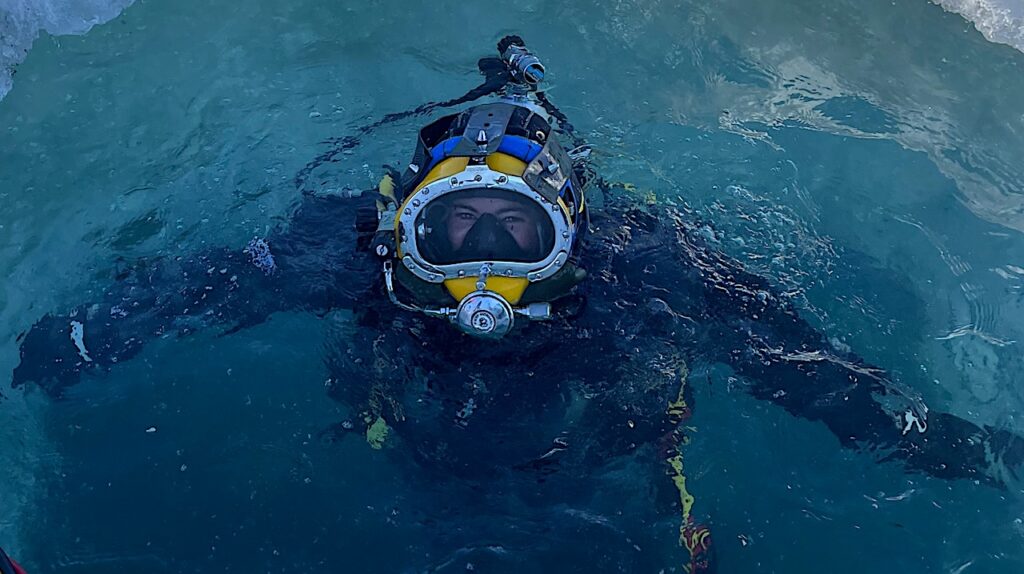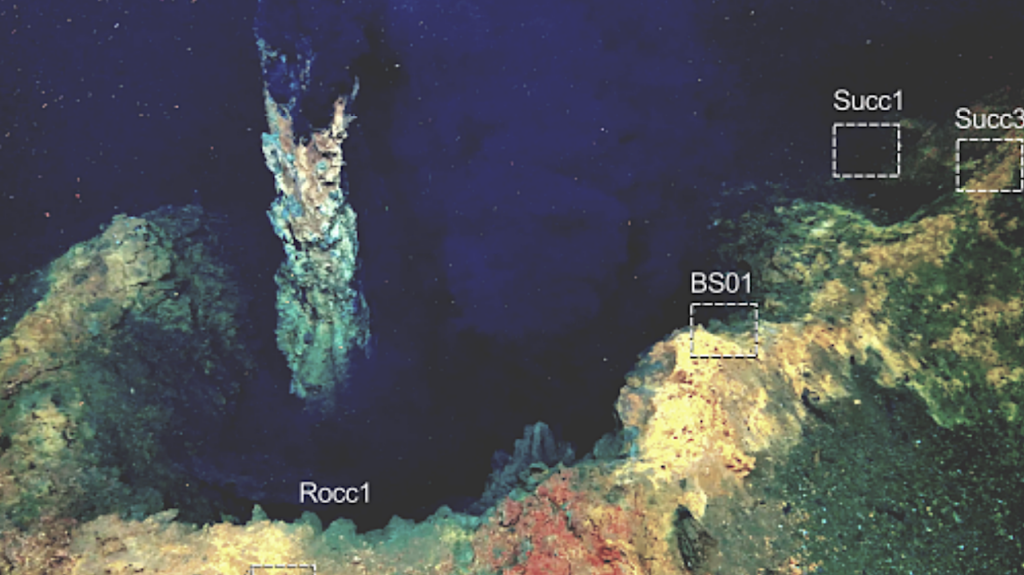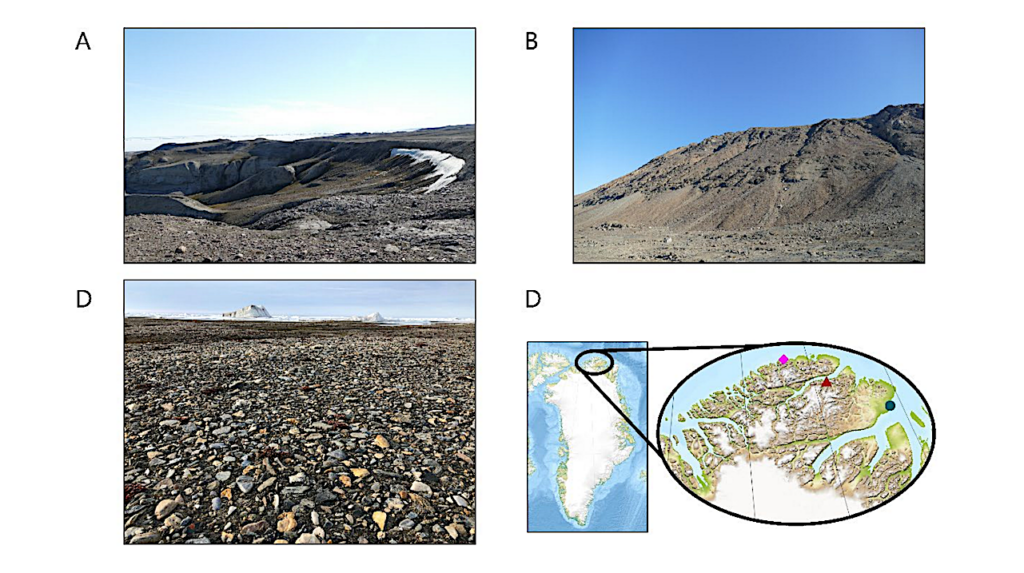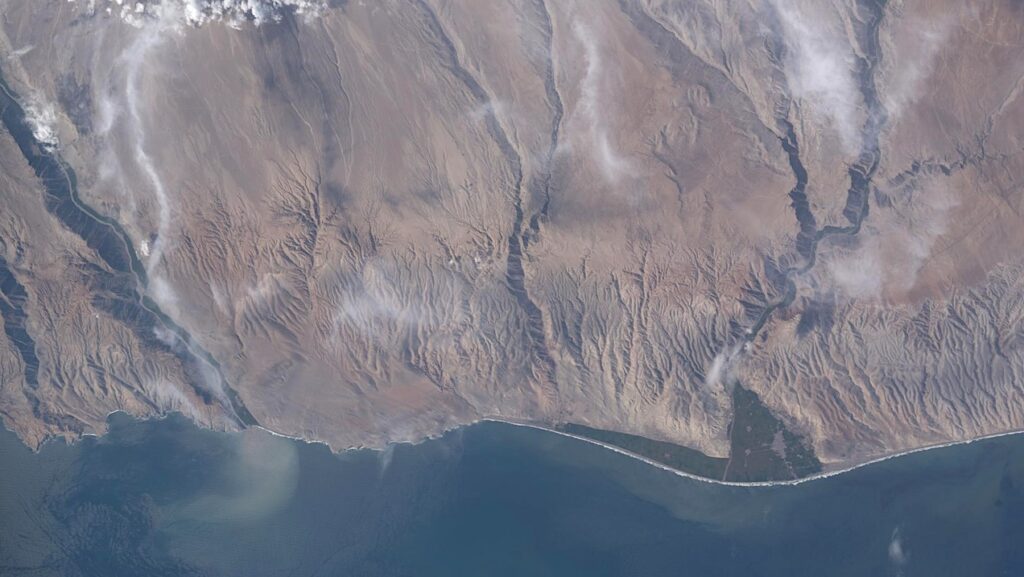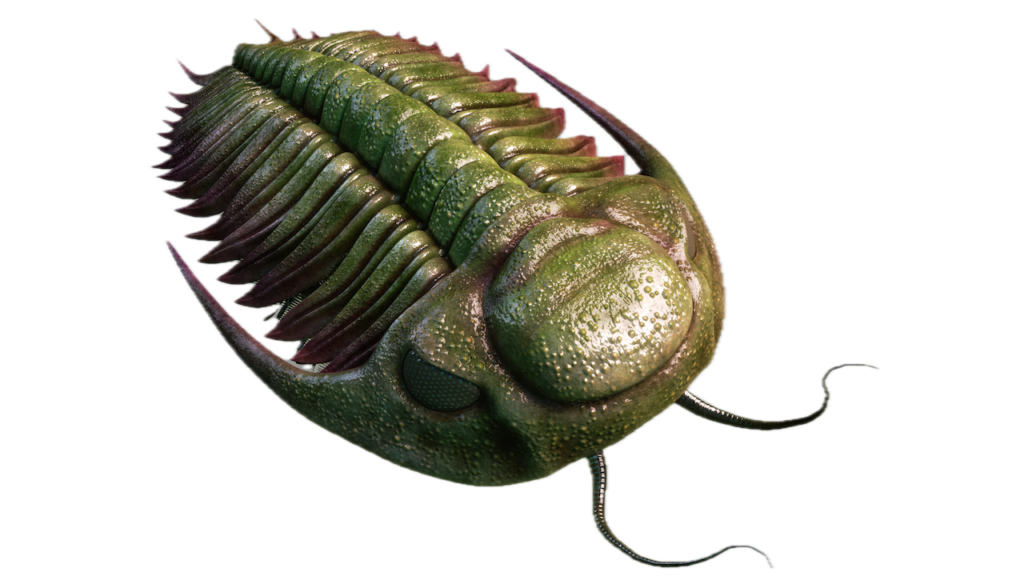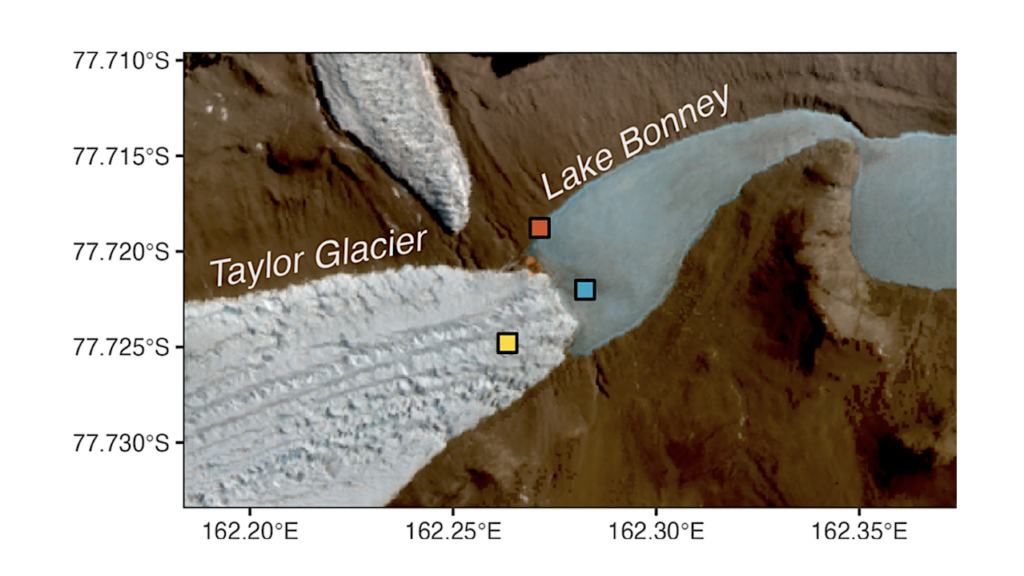Expedition To The Atacama Trench: Thinking Ahead To Enceladus and Europa

The Atacama in northern Chile is the oldest and driest desert on Earth. While tectonic activity reconfigured the shape and arrangement of land masses over the last 150 million years, the Atacama Desert remained essentially at the same latitude. And, offshore, where the desert meets the sea, the Atacama’s continental shelf also remained relatively unchanged in its position.
When scientists began investigating the microorganisms living on the coast of the Atacama, they found several ancient species, which led them to question if other types of equally ancient organisms had been reported in the region. Investigations into what local fishers caught in their nets and the findings of previous research expeditions revealed invertebrate species, such as brachiopods, commonly called living fossils.
Dr. Armando Azua-Bustos of the Centro de Astrobiologíca (CAB), CSIC-INTA, in Spain, and his team hypothesize that the unchanged position of the Atacama region creates the potential for entire ecosystems comprised of living fossil organisms. Using R/V Falkor (too)’s sensors and advanced tools like ROV SuBastian, the science team will reveal if the area contains examples of other species that have remained relatively unchanged in appearance since emerging in the fossil record.
Should they successfully find ecosystems analogous to those from 150 million years ago, they could unlock insights into the evolution of life on Earth and, potentially, insights into potential deep-sea ecosystems that might exist under the surface of the icy moons Enceladus and Europa.
Understanding the origins and the evolution of life on Earth suggests the conditions under which life might be found on other planets and their moons. While we have not yet found evidence of life on other planets in our solar system, scientists believe life could be found in the subsurface oceans of icy moons like Enceladus and Europa. By looking for ancient species in the Atacama Trench, the team will investigate conditions comparable to those under the surface of Europa and Enceladus, suggesting the types of biosignatures that could aid our search for life on these icy moons.
Astrobiology


